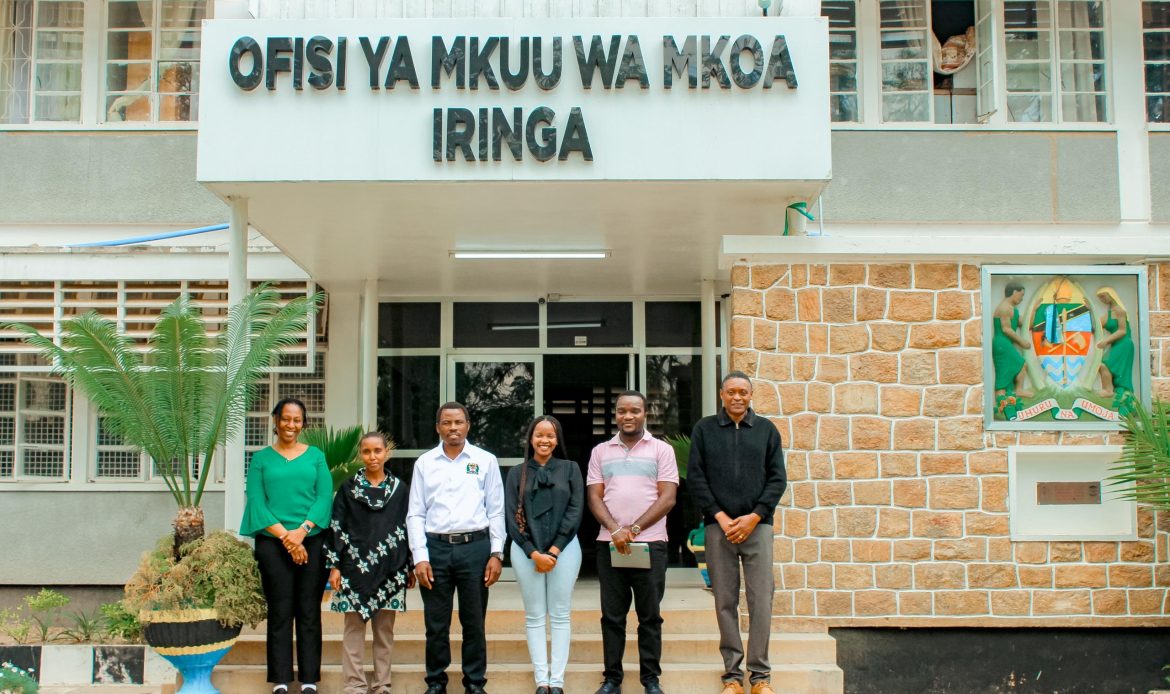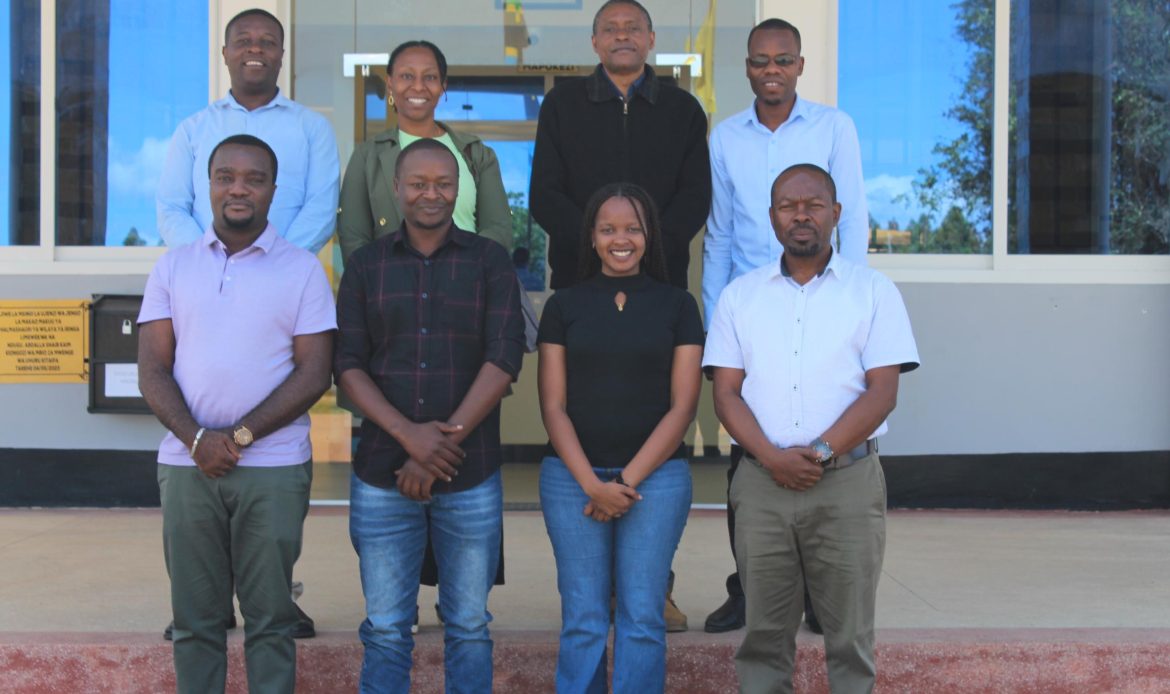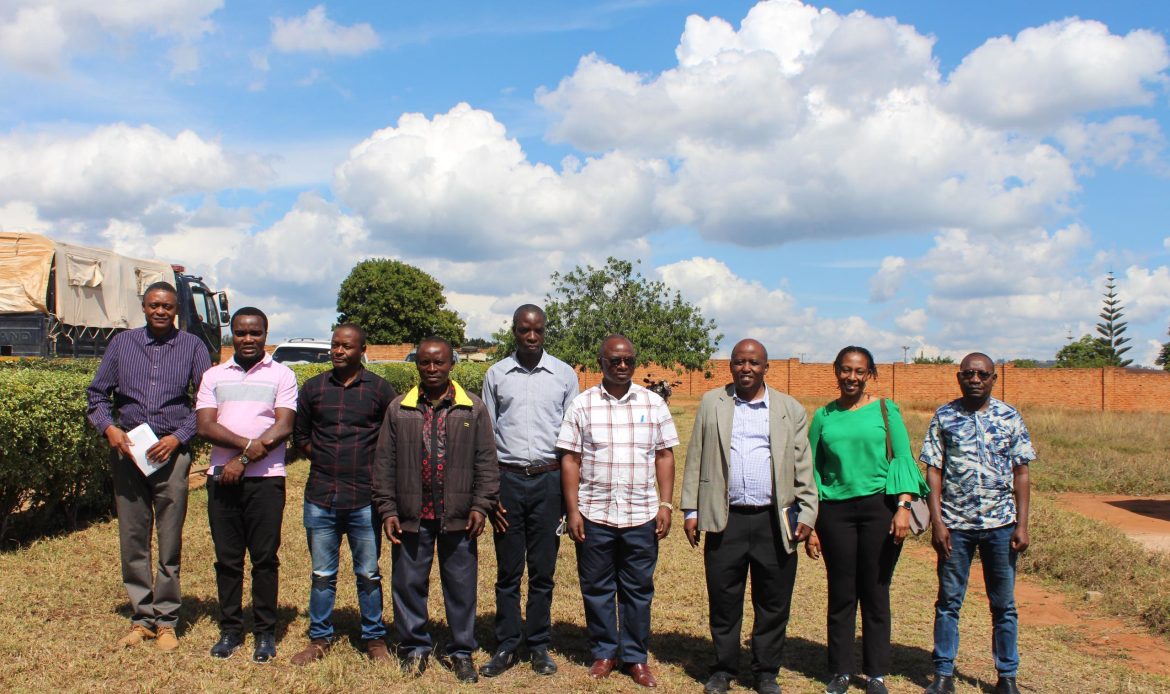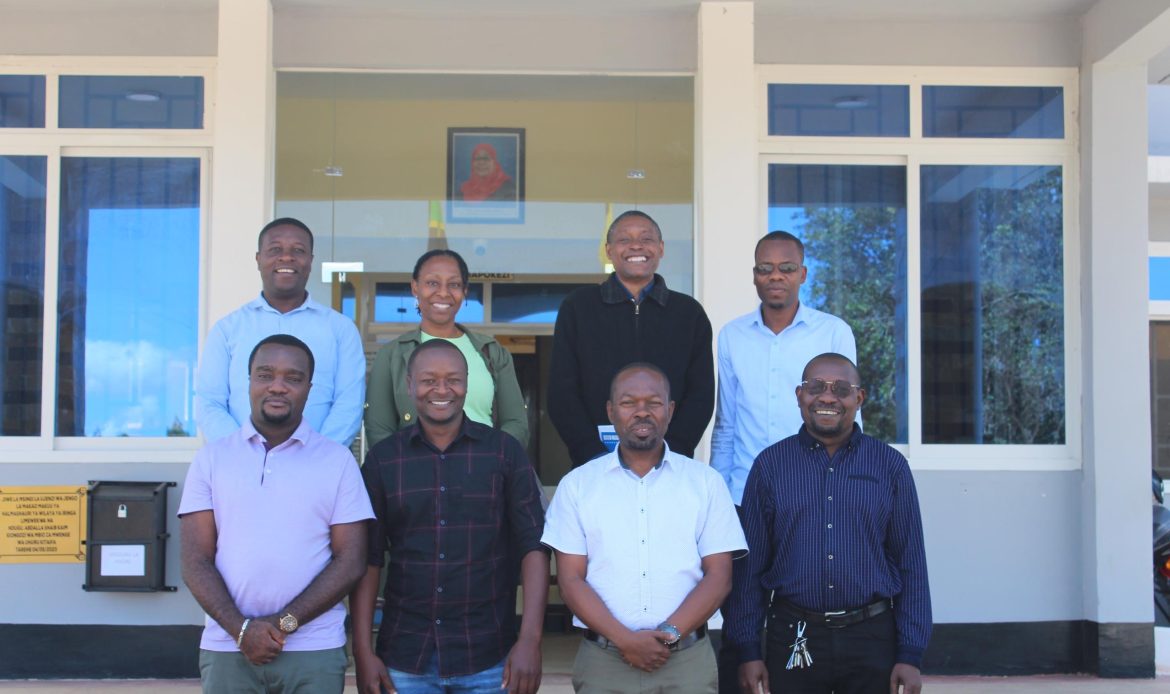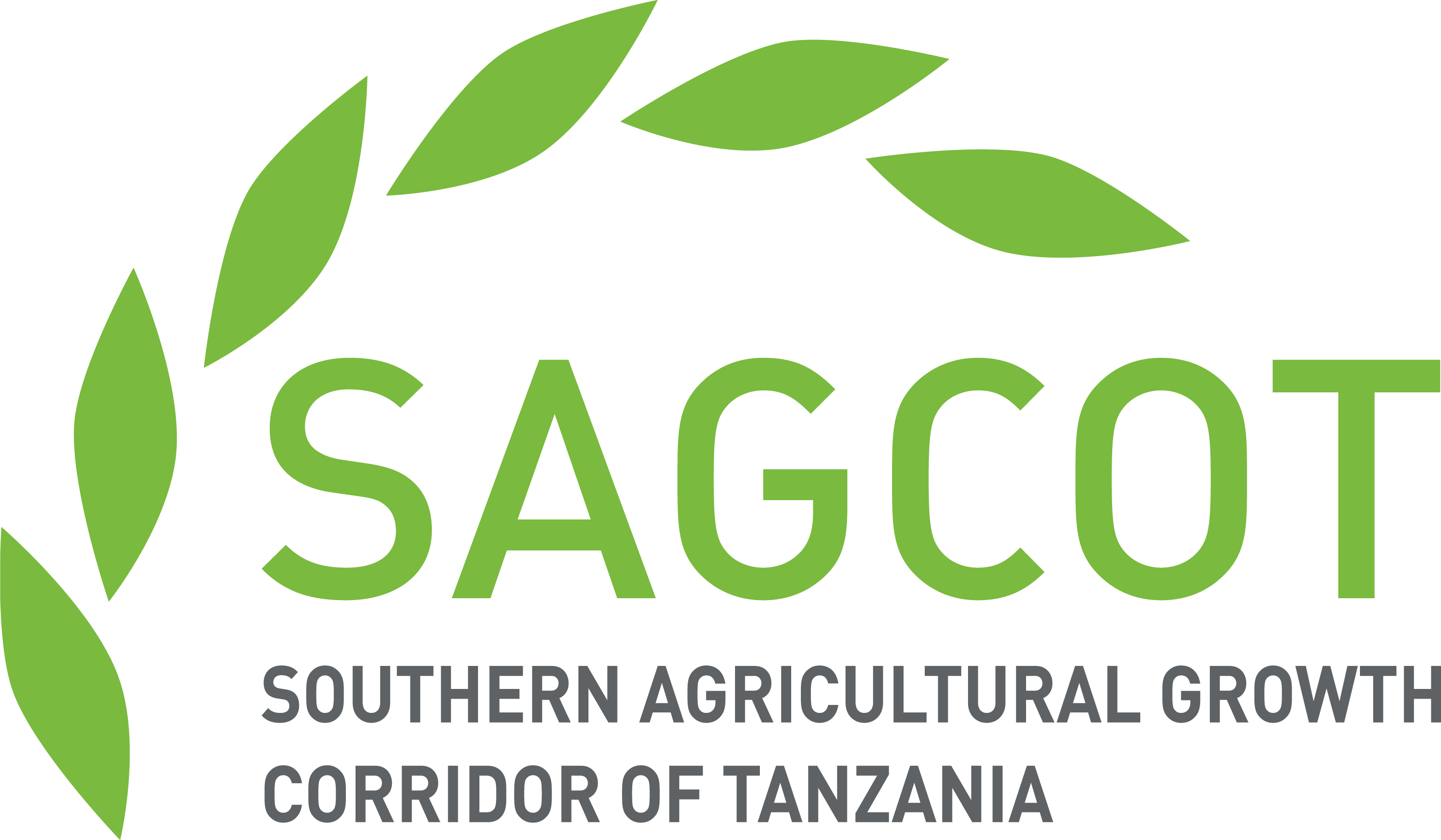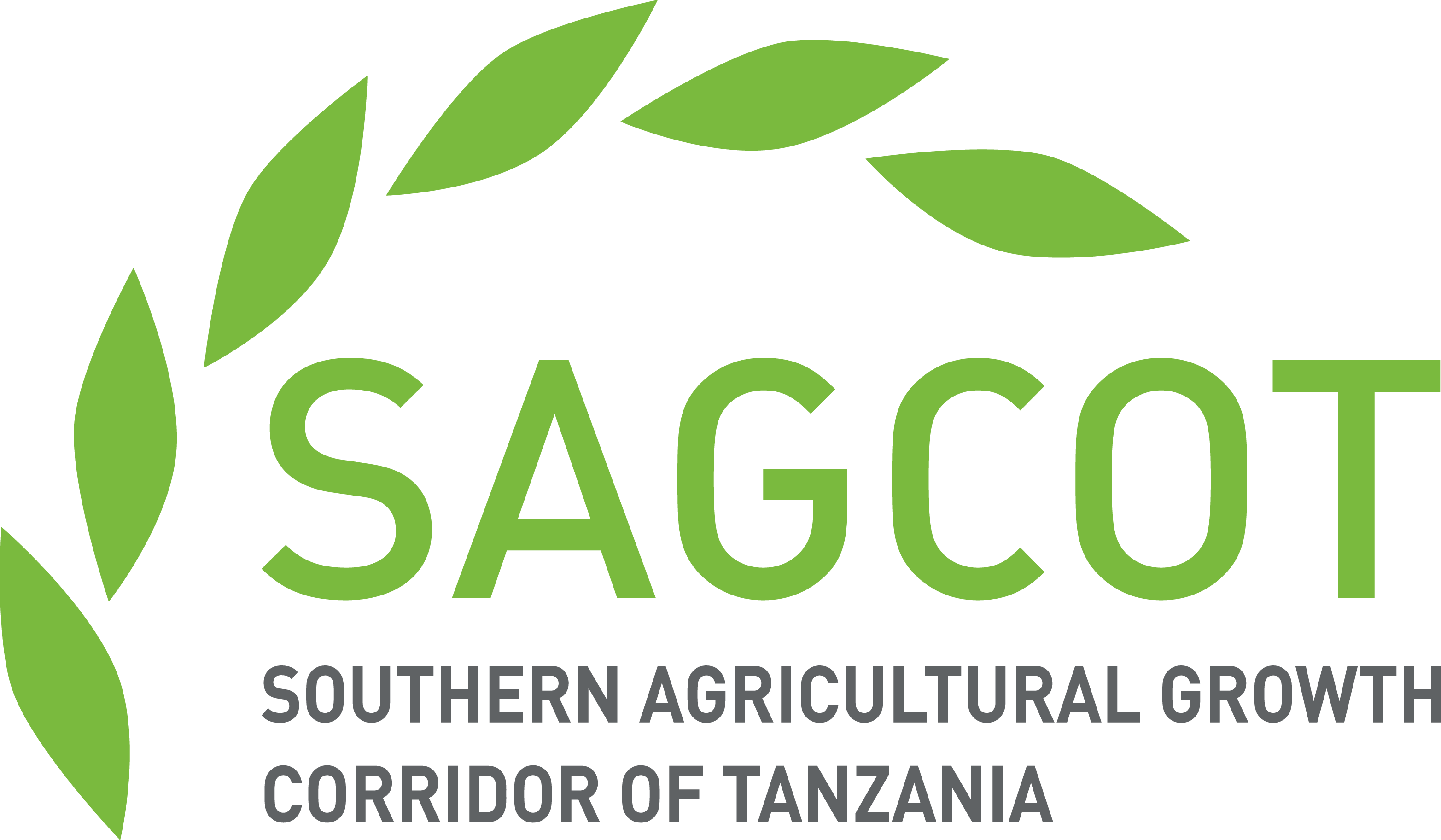November 2024 – A transformative initiative aimed at empowering young people in Tanzania’s agricultural heartland was officially introduced to regional agricultural leadership in Iringa, Njombe, and Ruvuma during events held from November 20 to 26, 2024.
The Youth Entrepreneurship for the Future of Food and Agriculture (YEFFA) program, led by AGRA and the Mastercard Foundation, aspires to cultivate a new generation of agricultural leaders by fostering youth-led entrepreneurship, innovation, and sustainable farming practices. Recognized as the nation’s breadbasket, these regions are pivotal to driving economic growth through agriculture.
YEFFA empowers young individuals to actively participate in agriculture, creating employment opportunities while promoting sustainable and resilient farming methods. This program in Tanzania is partly implemented by a consortium led by the SAGCOT Centre in collaboration with ADP Mbozi and NAFAKA Kilimo.
Focus on Local Opportunities and Challenges: Launch events across Iringa, Njombe, and Ruvuma highlighted local agricultural opportunities and challenges while emphasizing the critical role of youth in shaping a vibrant and inclusive agricultural future. These meetings explored how YEFFA aligns with regional agricultural priorities to address systemic challenges and enhance productivity.
In Njombe, the focus was on securing food security through youth engagement. “This program is crucial for the agricultural sector because it focuses on young people, a vital workforce,” said Wilson Joel, an Agricultural Officer in Njombe. “Here in Njombe, we have over 59,000 young people actively engaged in farming.” Joel emphasized YEFFA’s alignment with government initiatives such as the Building a Better Tomorrow (BBT) program under the Ministry of Agriculture, which aims to empower youth in agriculture. He also highlighted YEFFA’s role in addressing critical challenges faced by young farmers, including access to financial support, education, extension services, and markets. “Markets remain a significant challenge, but through this initiative, we can form groups that strengthen market access and motivate youth to see agriculture as a viable source of employment,” Joel added. Expressing gratitude for the program, he pledged to collaborate with stakeholders to ensure YEFFA’s success in transforming Njombe’s agricultural landscape.
Insights from Regional Leaders: Deogratius Sibula, Assistant Regional Administrative Secretary for Economy, Transport, and Production in Ruvuma DC, shared his optimism about the initiative, saying, “We expect this initiative to empower women and youth, enabling them to engage in production, processing, and business. By capitalizing on this project, we can create real impact in communities so that farmers we meet today will have significantly improved livelihoods in two years.”
Hellen Shemziliwa, the District Agriculture, Irrigation, and Cooperative Officer (DAICO) for Songea District Council, described the project as timely and impactful. “This project is excellent and timely. It will enhance our team’s performance and directly support the development of our youth. We must ensure that everything implemented in the field is properly documented and reported to keep all stakeholders informed and accountable.”
Joseph Mrimi, the District Agriculture, Livestock, Fisheries, and Cooperatives Officer (DALFCO) for Madaba District Council, emphasized the importance of collaboration in achieving the program’s goals. “The success of this initiative relies heavily on collaboration between service providers, soil-testing agencies, and input suppliers. Through these partnerships, we can secure the resources needed to meet the project’s objectives and empower our farmers effectively,” he noted.
Building Resilient Value Chains: The launch events also focused on building resilient value chains for maize and rice, crops vital to the region’s economy and food security. Stakeholders emphasized empowering farmer cooperatives to enhance market access, increase bargaining power, and foster collective growth. Leaders outlined plans to address systemic challenges, such as reducing post-harvest losses, improving transportation infrastructure, and enhancing access to critical resources. Climate resilience was also featured prominently, emphasising the promotion of sustainable farming practices to mitigate the impact of climate change. Public-private partnerships were highlighted as essential for integrating youth and women into agricultural systems, fostering inclusivity, and driving sustainable development.
Comprehensive Approach to Transforming Agriculture: YEFFA’s transformative approach empowers youth through practical training and support, enabling their integration into productive farming and agribusiness ventures. The program places strong emphasis on value addition for market growth by enhancing rice and maize products through processing, branding, and packaging to improve competitiveness and market access. Community involvement remains central to its sustainability approach, ensuring interventions are inclusive and tailored to local needs. To boost productivity, the initiative also advocates for adopting improved agricultural practices, such as modern farming techniques, better seed varieties, and efficient soil management. Additionally, YEFFA seeks to optimize existing agricultural infrastructure, such as warehouses and processing facilities, to enhance efficiency and reduce operational costs.
By partnering with regional authorities and aligning with local agricultural strategies, YEFFA aims to create sustainable pathways for agricultural development while addressing youth unemployment. This collaboration represents a shared vision for empowering youth, enhancing productivity, and ensuring that Iringa, Njombe, and Ruvuma remain pivotal players in Tanzania’s agricultural advancement.
